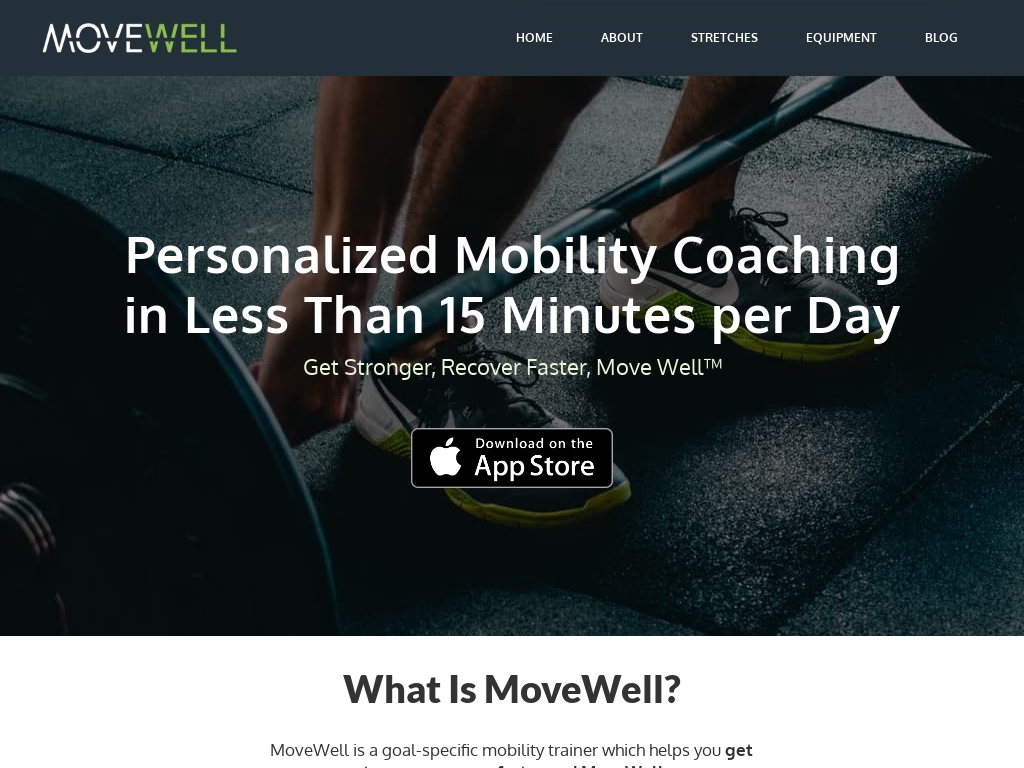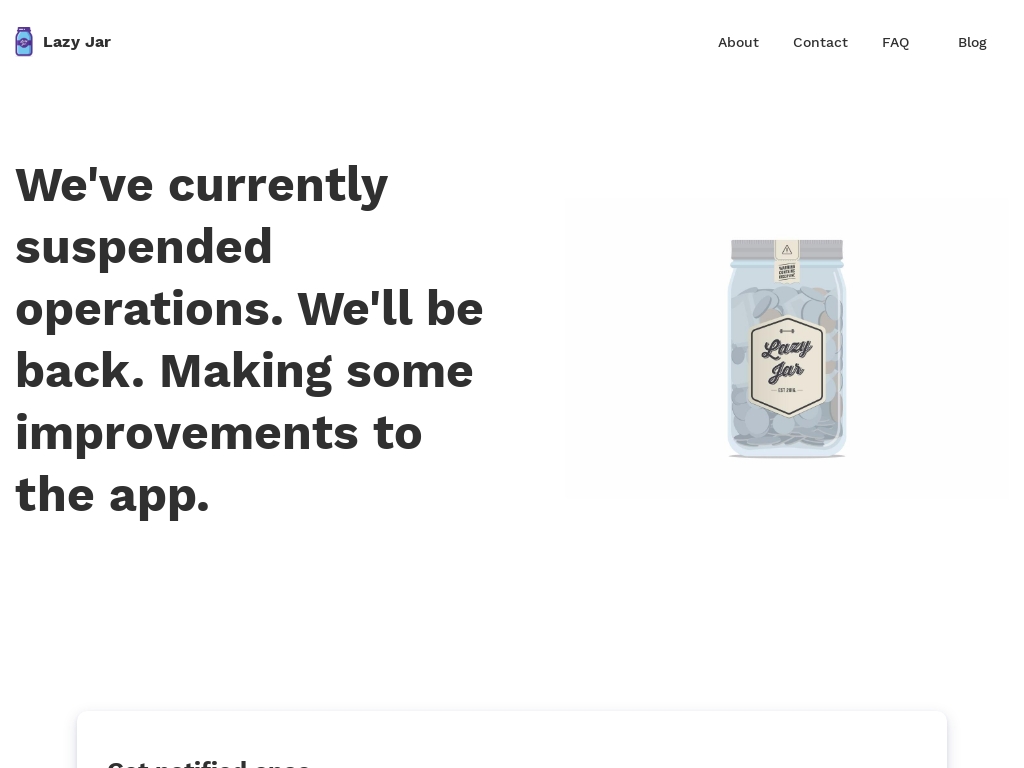
2 Exercise App Success Stories [2025]
A fitness app business focuses on selling fitness classes to application users. The ideal market includes fitness coaches, who opt to purchase a ready-made fitness app to engage their target audience and grow their business.
To start an exercise app, you need to learn to code and develop strong analytical skills. Besides, you need well-honed communication skills and learn to deliver projects on time.
With the uptake of online fitness classes increasing, it is such an excellent time for app developers to focus on this growing niche. Typically, online coaches are looking for well-developed applications to help them reach the target audience. Therefore, app developers looking for great business opportunities can choose to focus on the exercise app industry.
In this list, you'll find real-world exercise app success stories and very profitable examples of starting a exercise app that makes money.
1. MoveWell ($12K/year)
Joel Runyon came up with the idea for MoveWell after injuring himself during an ultra-marathon. He realized that he performed well during physical therapy sessions, but struggled to keep up with exercises in between. This led him to create an app that would serve as a mobility coach, providing affordable routines to help users move better and prevent injuries.
How much money it makes: $12K/year
How many people on the team: 1


Joel Runyon built an iPhone fitness app called MoveWell that currently brings in about $1,200-$1,800 per month, and is looking to expand the business by adding coaches, more content, and branded partnerships.




2. Lazy Jar ($3K/year)
Justin Anyanwu, the founder of Innovative Bit, came up with the idea for his fitness app, Lazy Jar, when he realized he was neglecting his health and needed a way to stay accountable for his exercise routine. The app charges users if they fail to meet their weekly fitness goals, providing them with a penalty for their lack of commitment. Since its re-launch in March of this year, the app has been averaging $250 a month in revenue.
How much money it makes: $3K/year
How many people on the team: 0


Lazy Jar is a fitness app that charges users for failing to meet their weekly fitness goals, launched by Justin Anyanwu, which currently averages $250 per month and has been featured in publications such as TechCrunch, LifeHacker, and Fast Company.
















